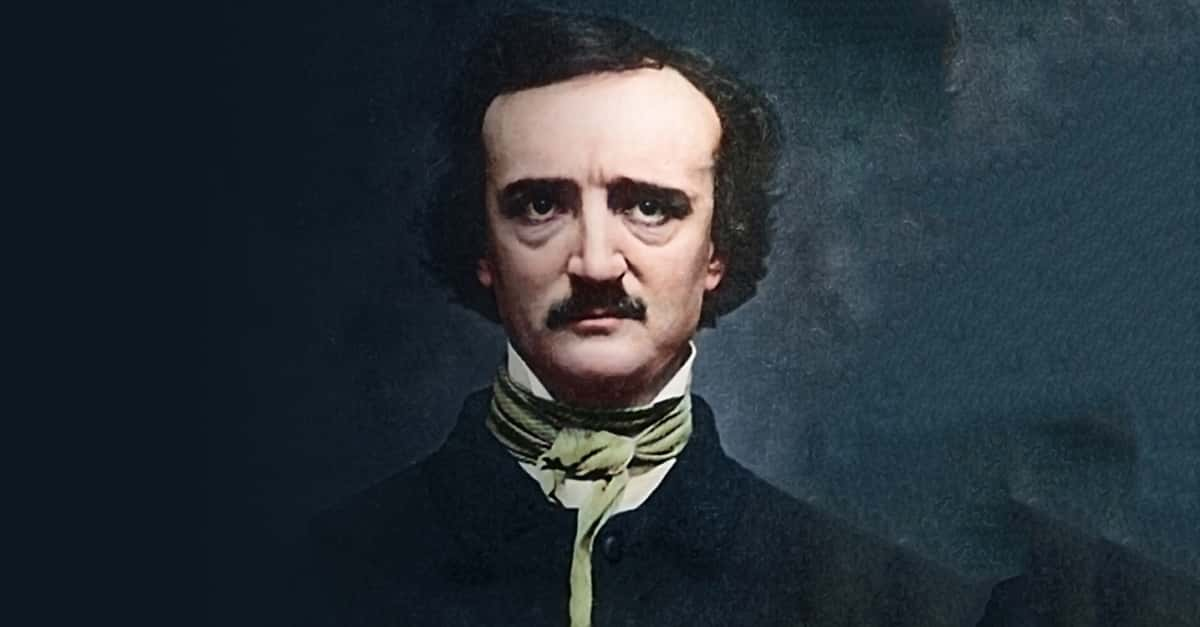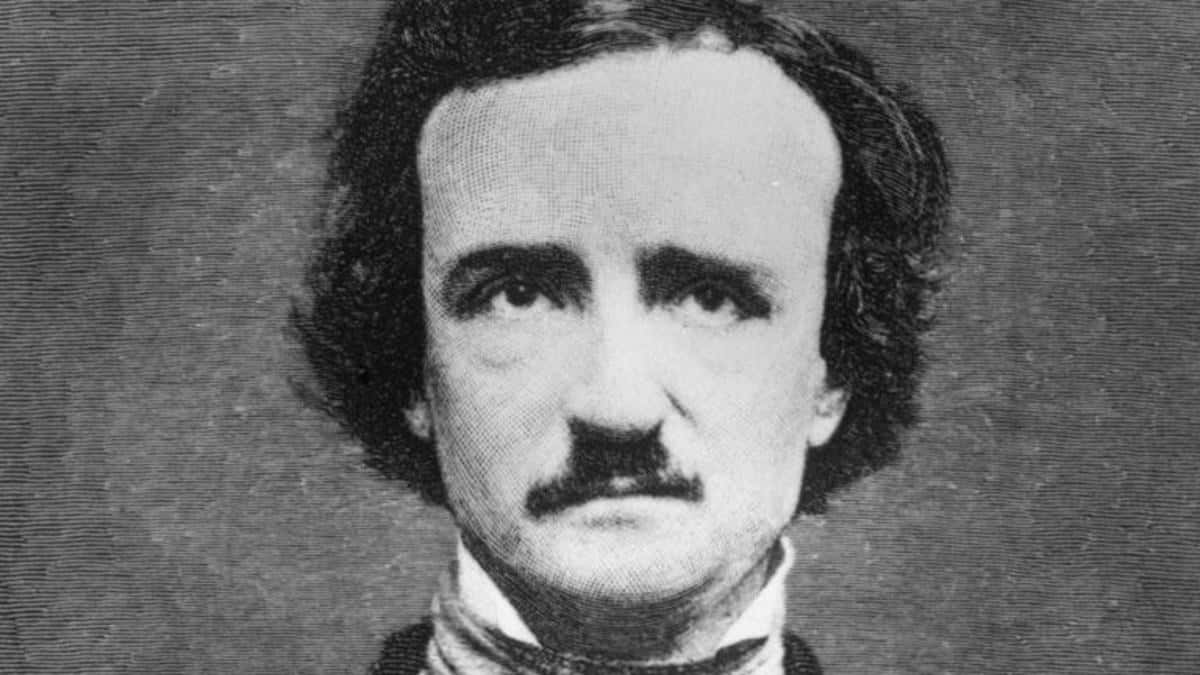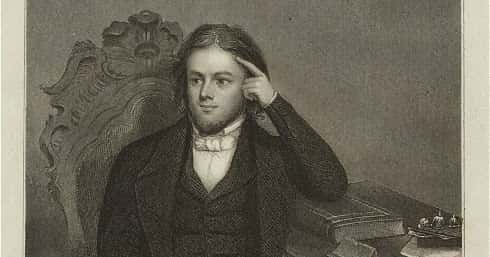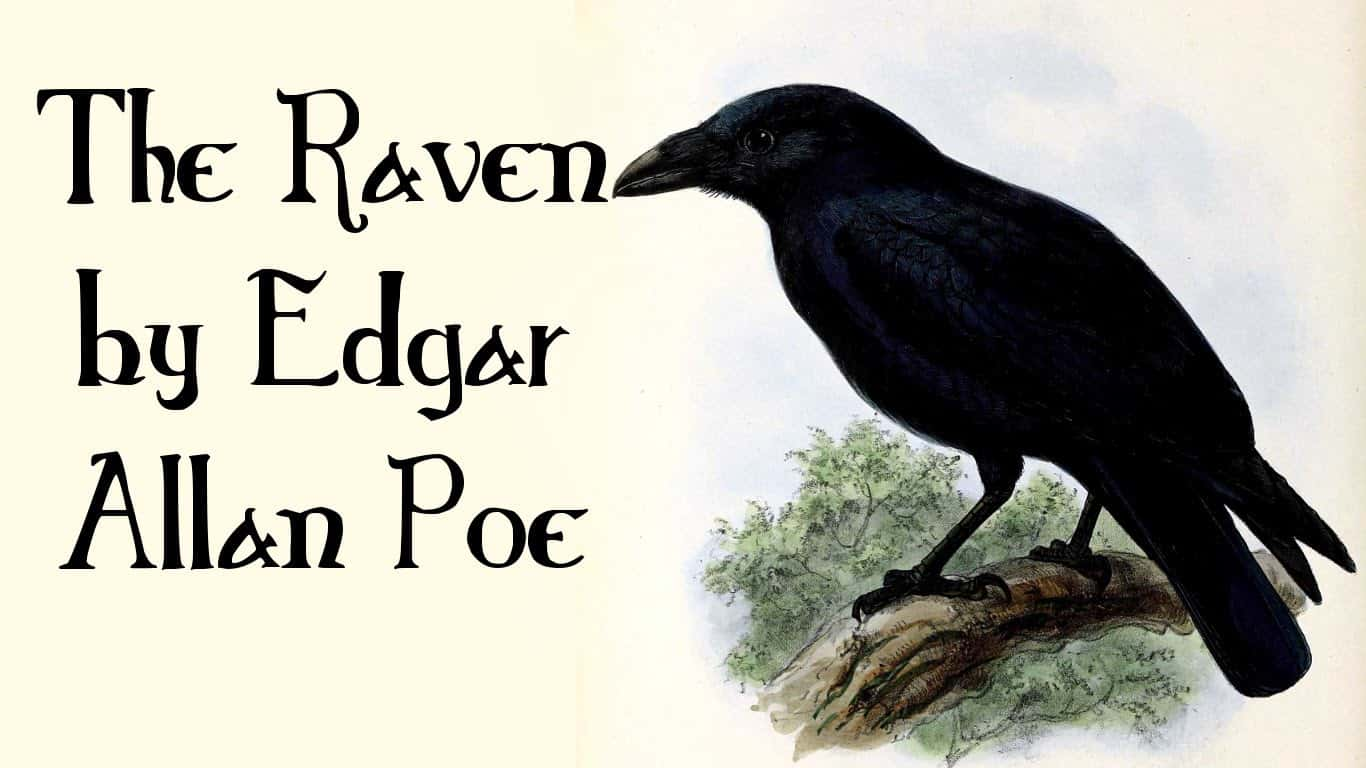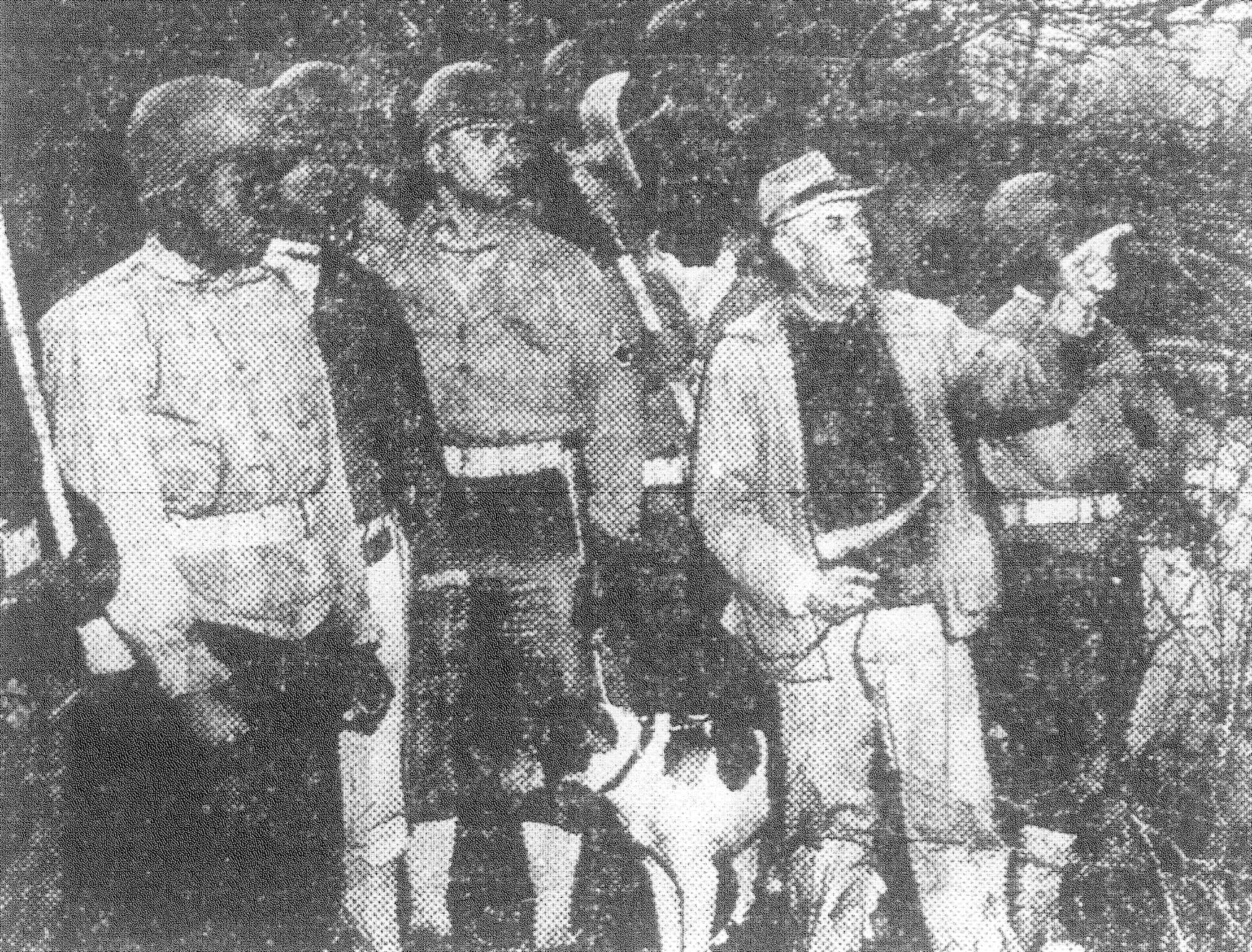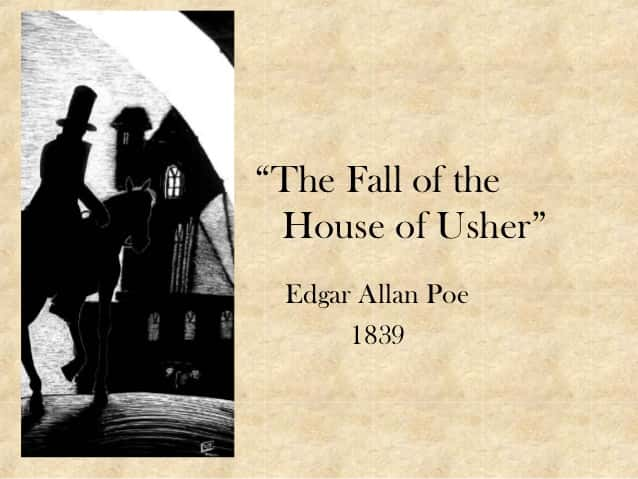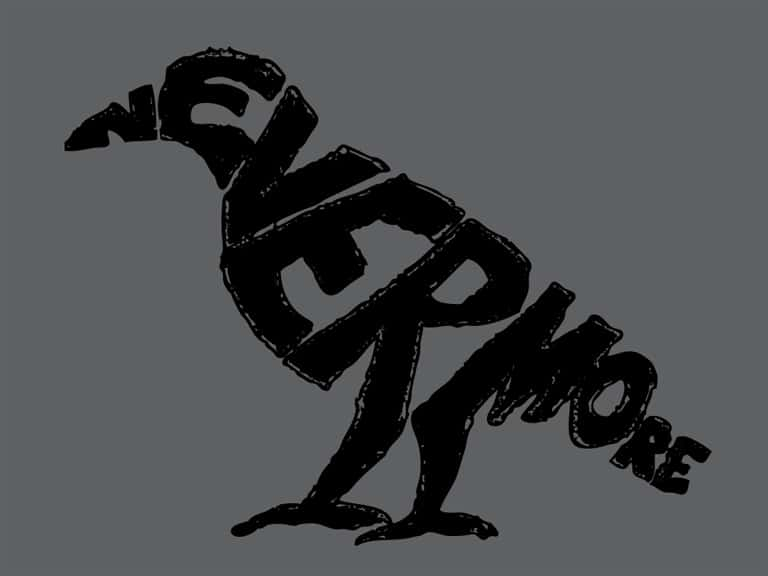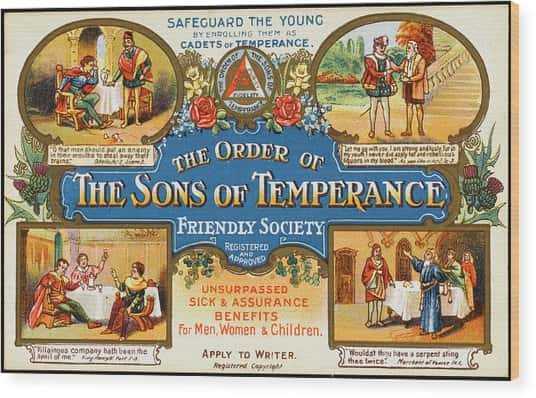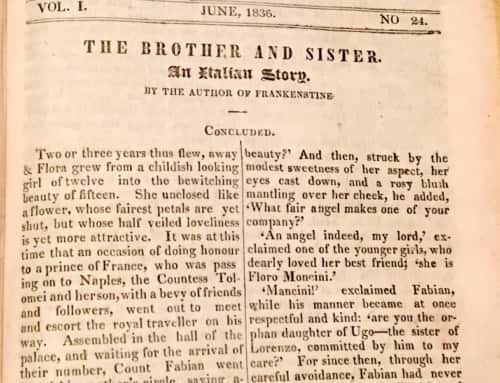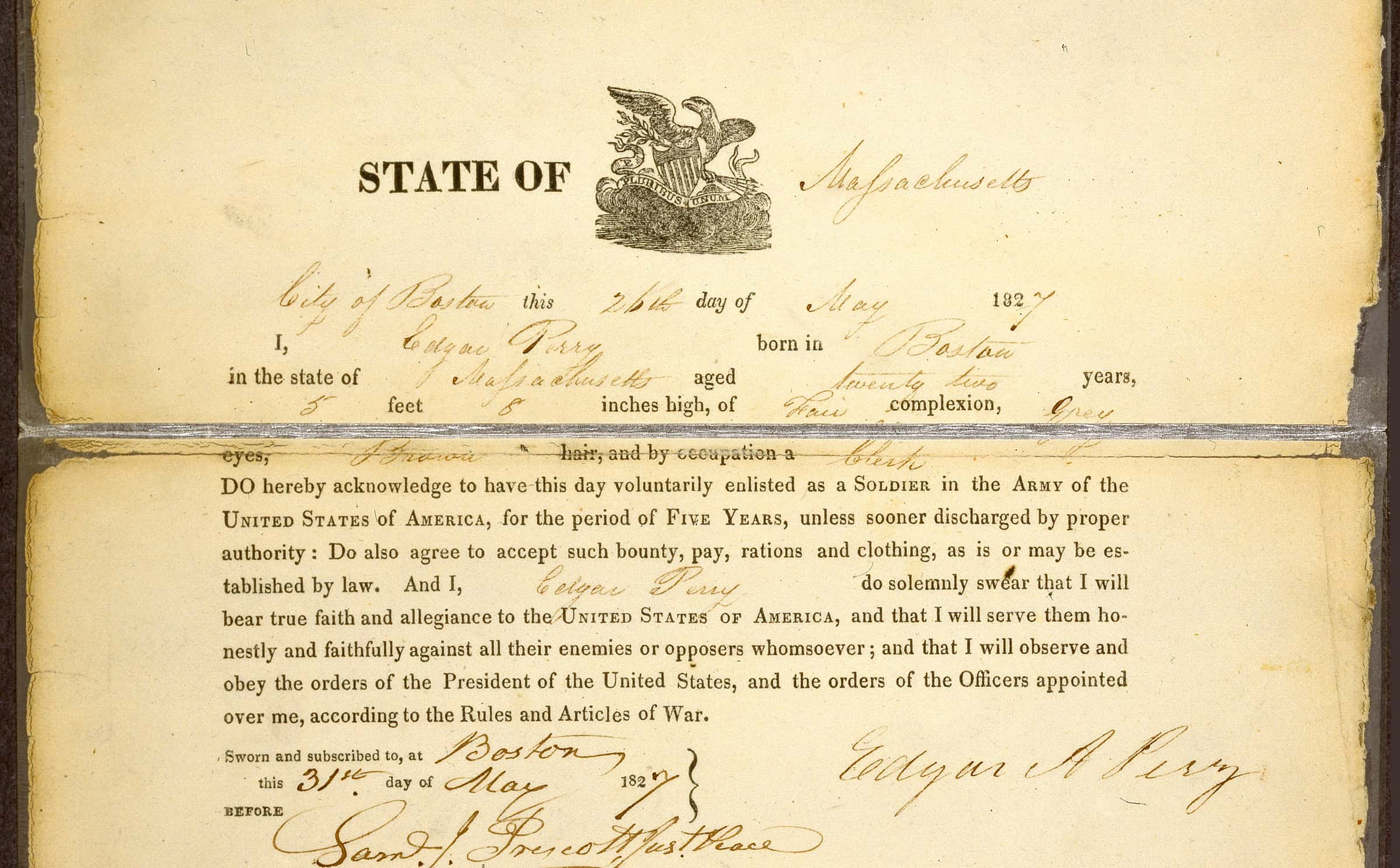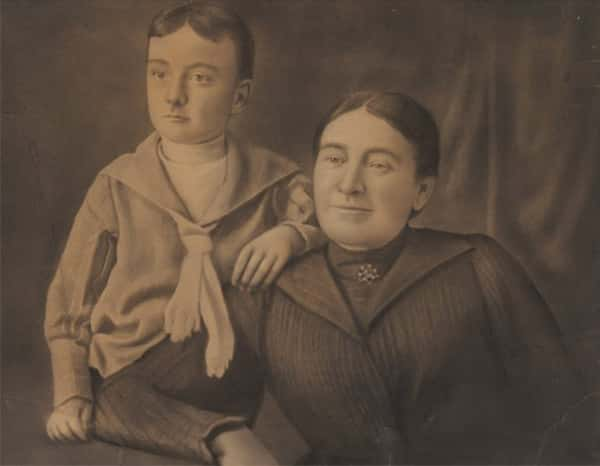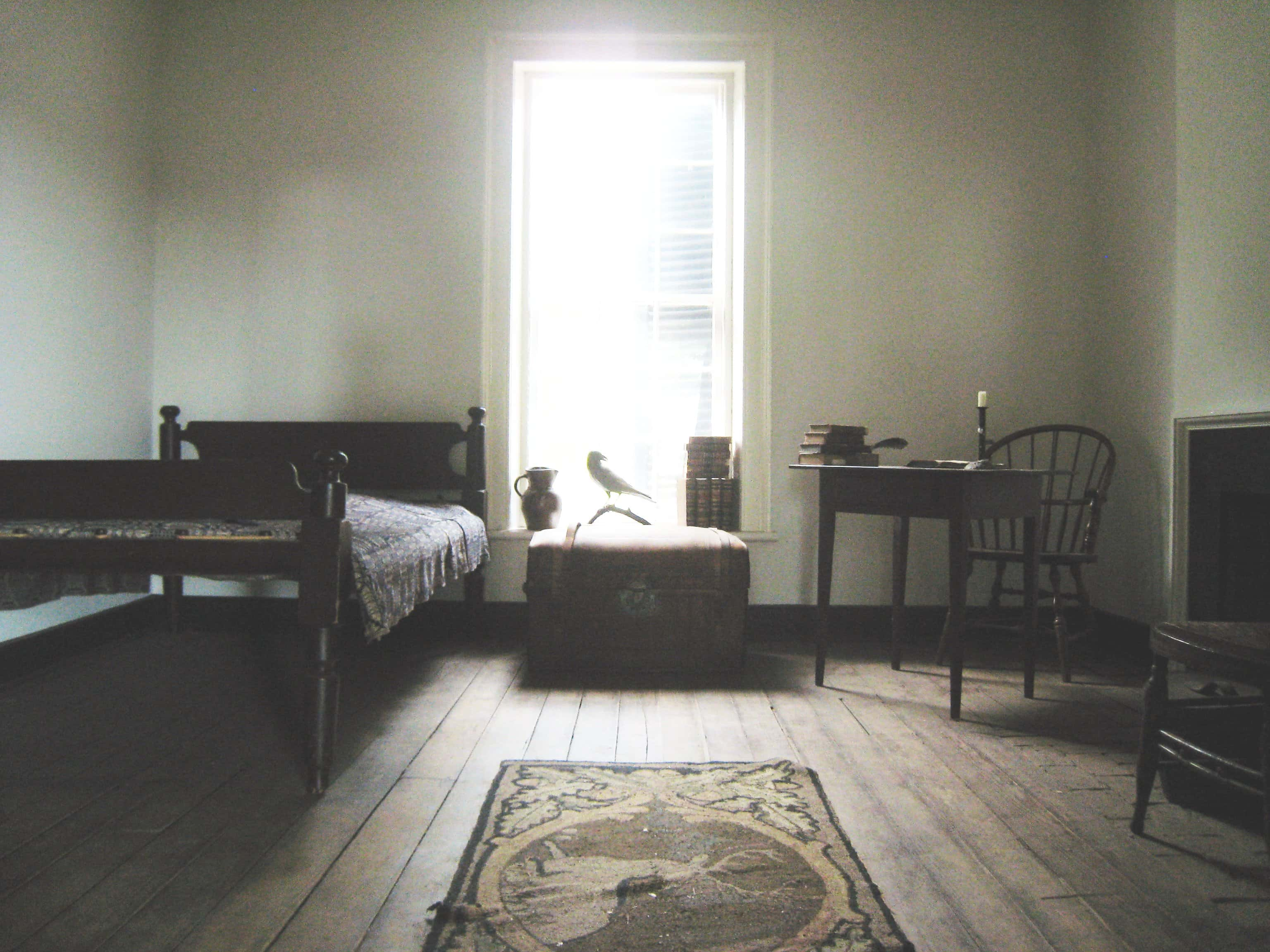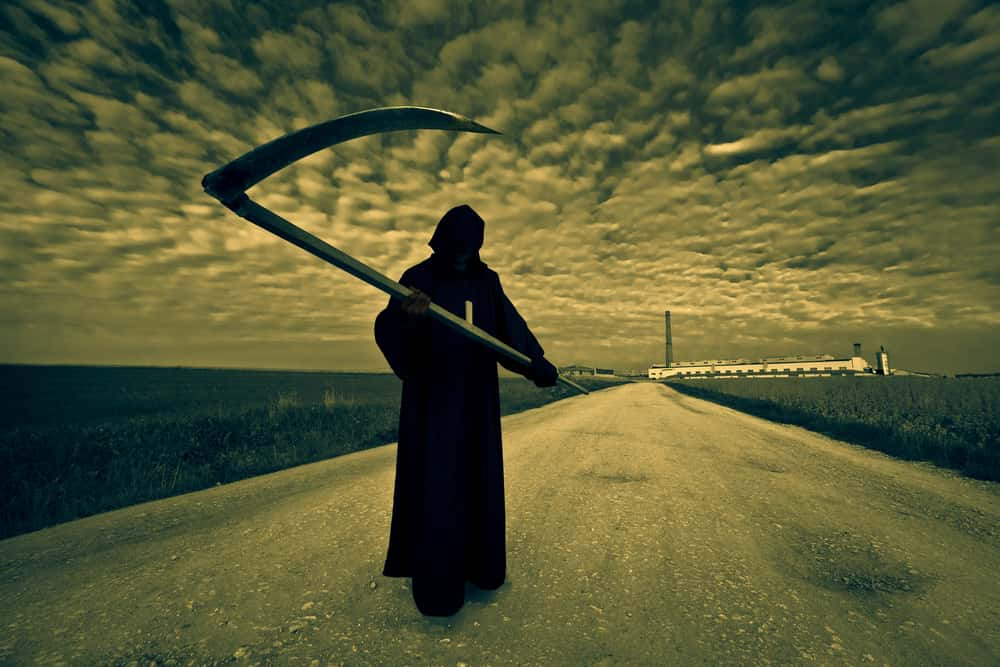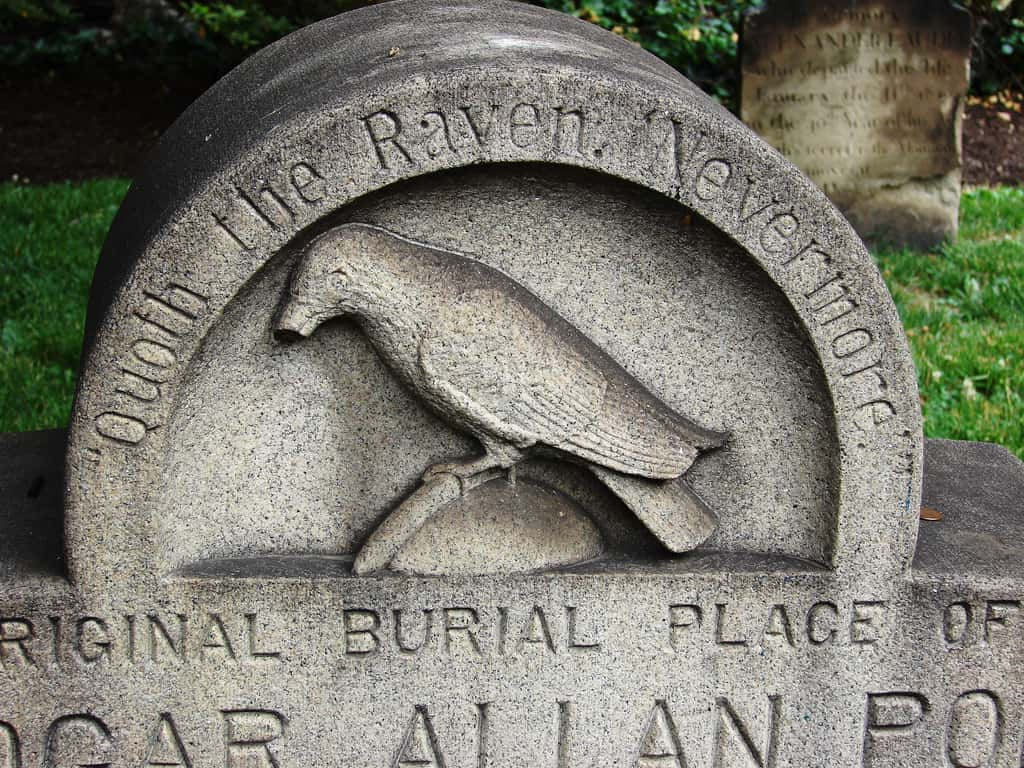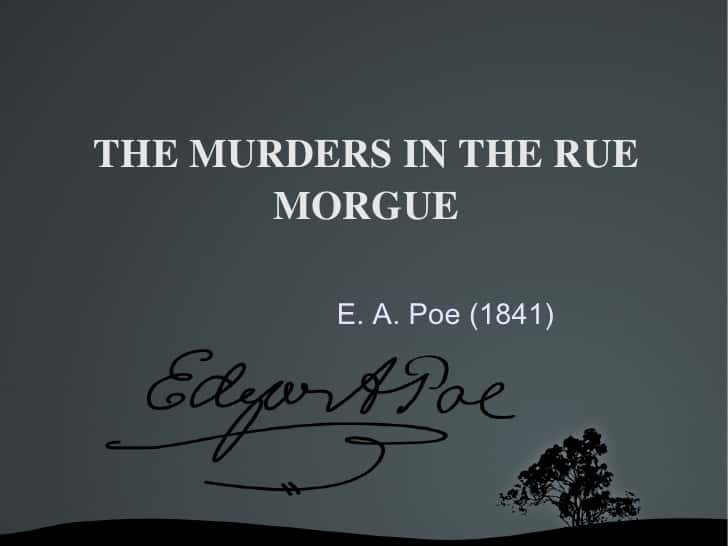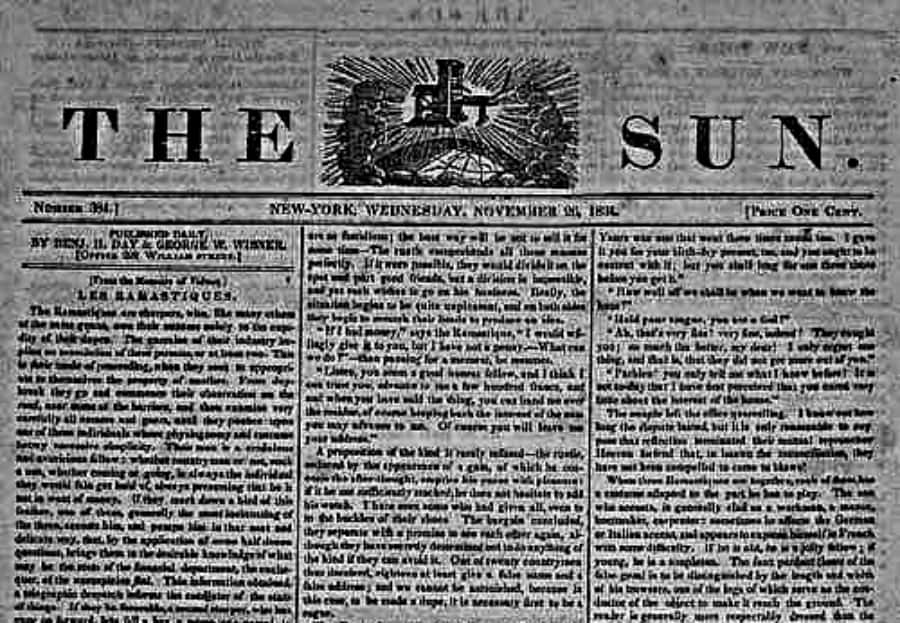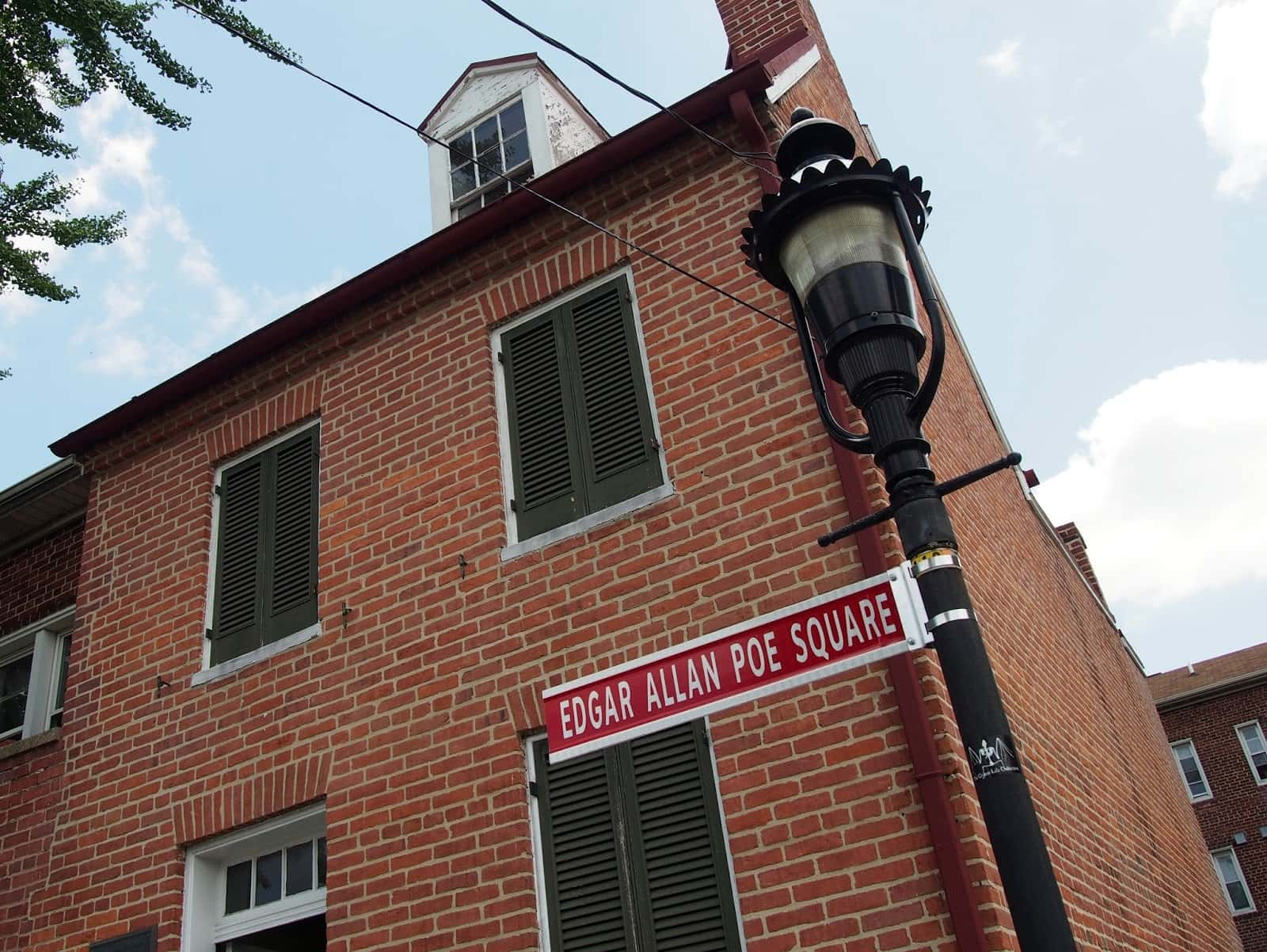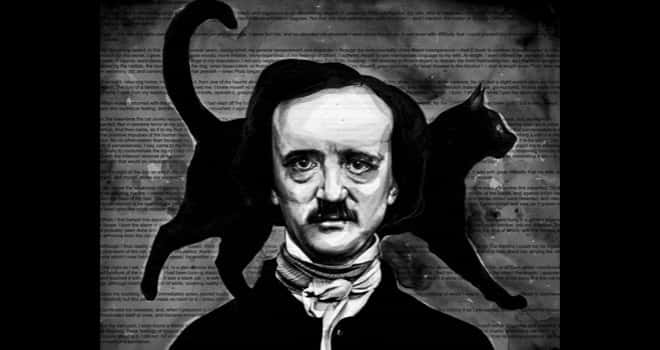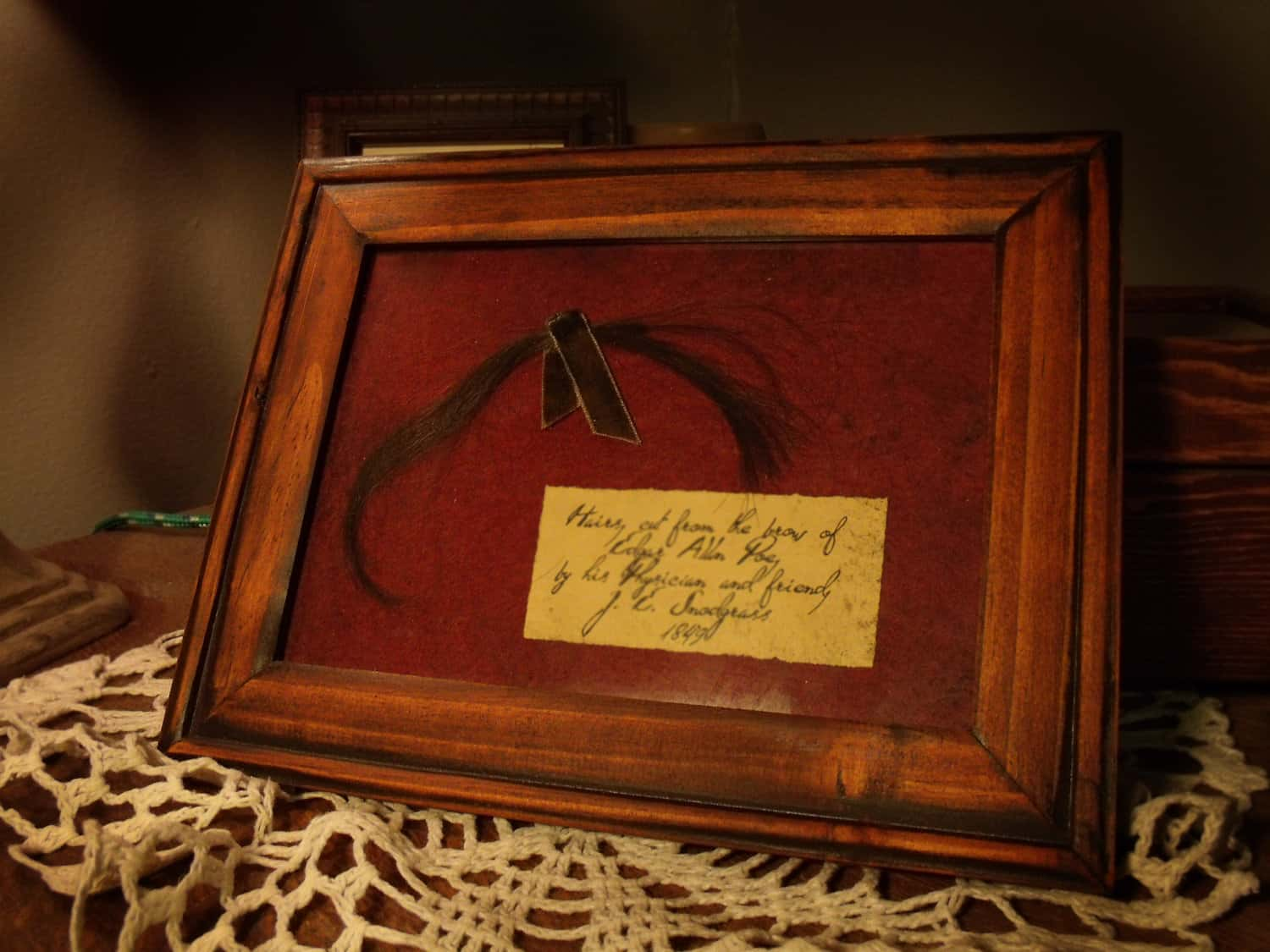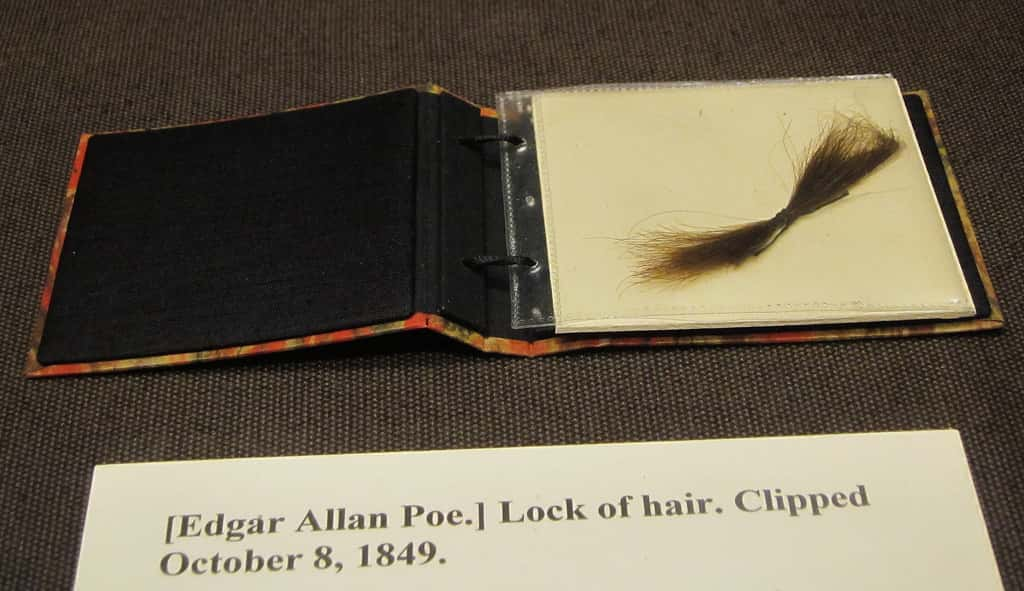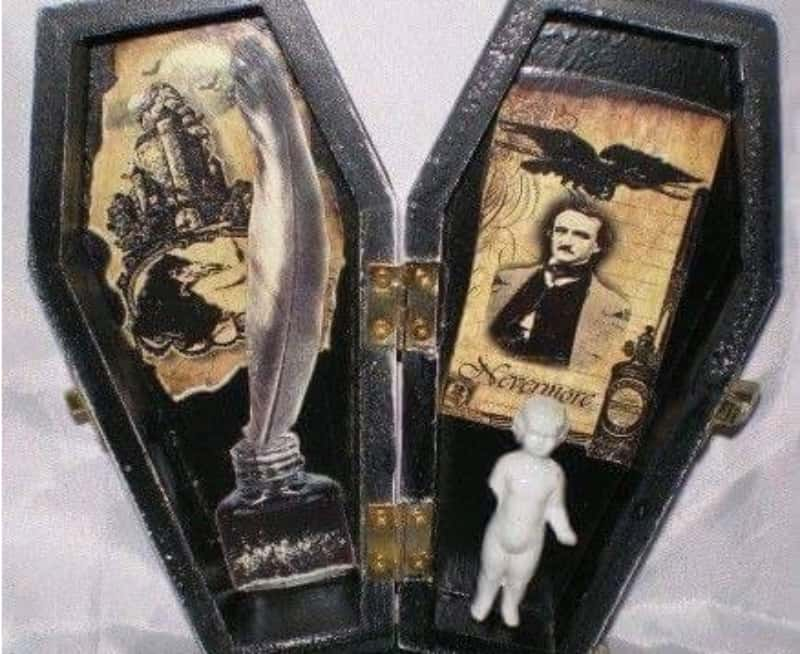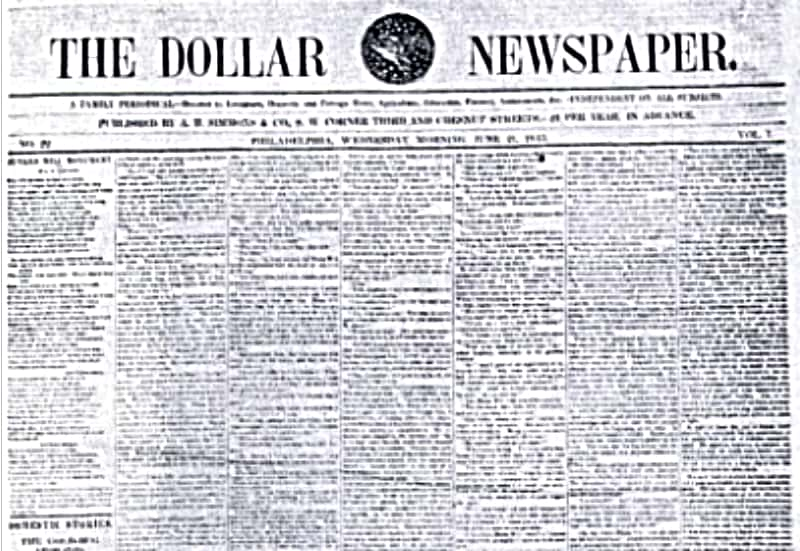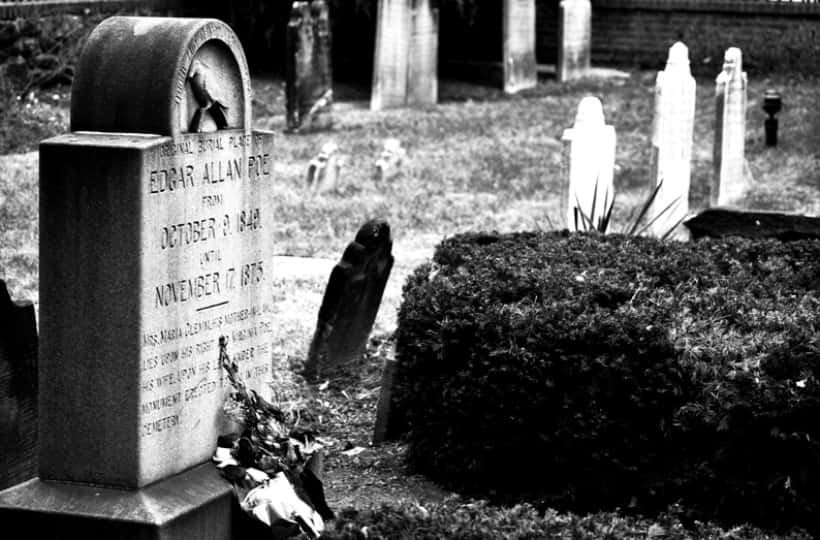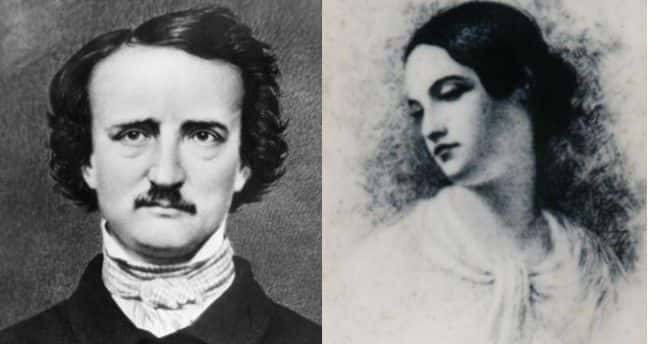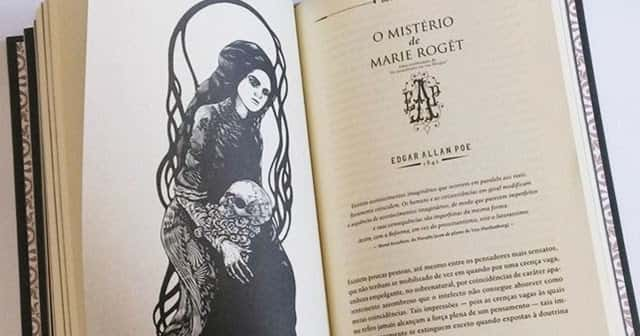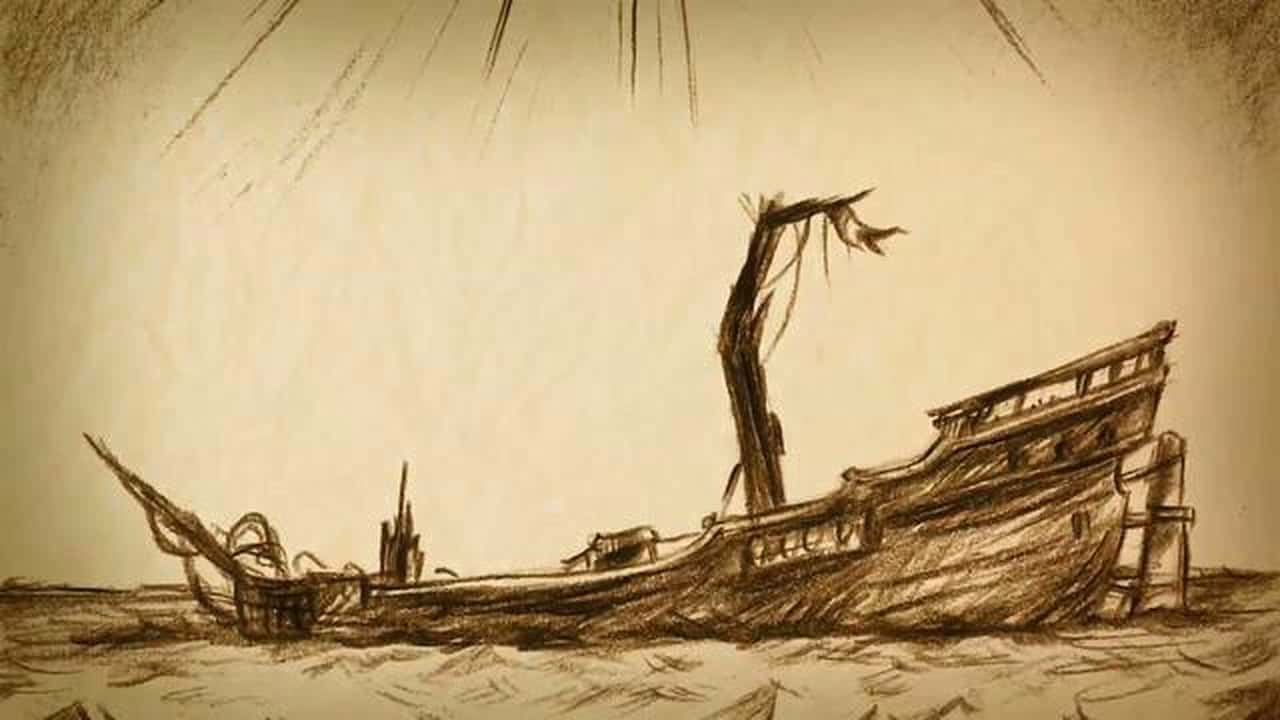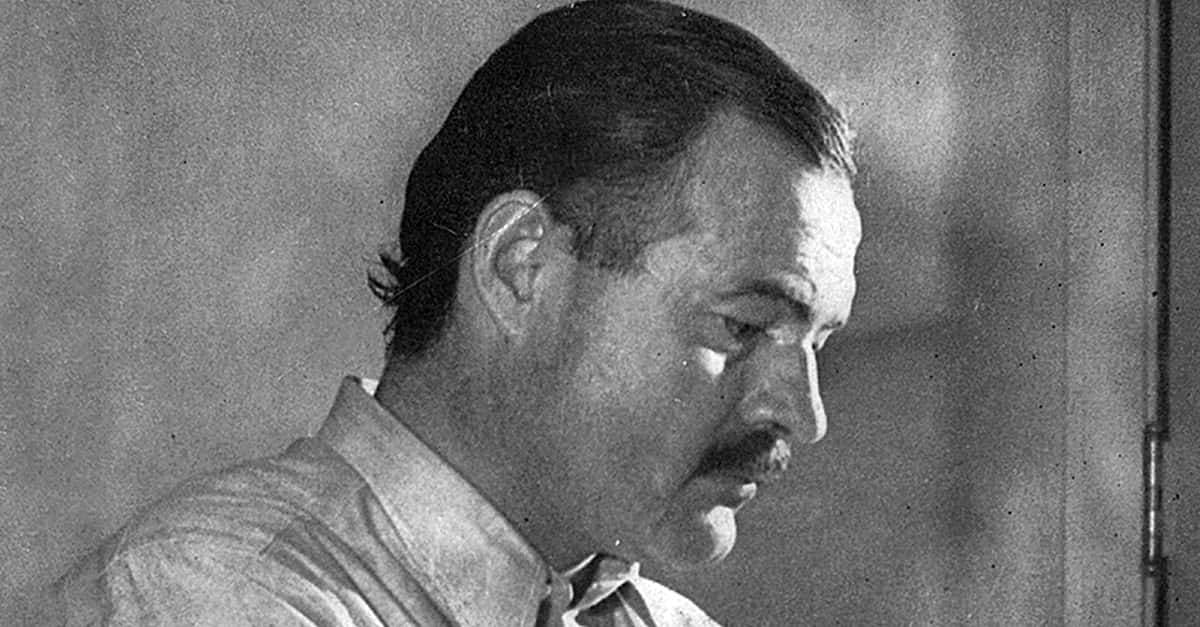“I have absolutely no pleasure in the stimulants in which I sometimes so madly indulge. It has not been in the pursuit of pleasure that I have periled life and reputation and reason. It has been the desperate attempt to escape from torturing memories, from a sense of insupportable loneliness and a dread of some strange impending doom.” —Edgar Allan Poe
“Words have no power to impress the mind without the exquisite horror of their reality.” —Edgar Allan Poe
Edgar Allan Poe is hands-down one of the most famous and prolific writers in history. He was a literary genius whose writing took him down some dark and sometimes terror-filled paths, yet this same writing has shown us the inner workings of his brilliant, burdened mind. His career may have been marred by false accusations and gossip about his personal life, but these rumors have really only added to the mystery and mystique that makes up his character. He trailblazed a road that many writers have gone down since his early, mysterious death. There’s so much to learn about Edgar Allan Poe, so let’s get started.
Edgar Allan Poe Facts
39. And It All Started With the Big Bang
He wasn’t just a writer. Poe quite enjoyed space and cosmology, even writing an essay in 1848 called “Eureka: A Prose Poem.” In the essay, he proposed a theory that was way before its time: The Big Bang, something that would be formally theorized some 80 years later. When he published this work, he considered it to be his career’s masterpiece.
38. A Story of Epidemic Proportions
In 1842, Poe wrote “The Masque of the Red Death,” perhaps basing it in part on the Cholera Epidemic that tore through the United States by way of Europe and India in 1832. Cholera had even killed one of Poe's best friends. While all of this horror was going on, a story came out about 2,000 Parisians who threw a masquerade ball to celebrate the end of the world, with one guest coming dressed as a ghoulish personification of Cholera. Poe likely saw a report on the event in the New York Mirror.
32. Revenge Has a Name and It’s Called Rufus
Poe had a rivalry with fellow writer Rufus Wilmot Griswold. The latter received a negative review from Poe and decided to return the favor–in personal attacks. Griswold started a smear campaign against Poe, claiming he was an alcoholic and had psychological issues, and even went so far as to write a biography about Poe with false facts. Indeed, Griswold's malicious false claims are sometimes still reported as truth today.
36. The Original Starving Artist
American authors were having a tough go of things when Poe came into the picture. More often than not, American publishers just pirated and sold British works rather than actually paying new American writers. Poe tried to make a living just by writing, and was one the first of the better-known authors of the time to do so.
35. Then There Came a Tapping
One of the better-known works from Poe is “The Raven.” His fame went from zero to 100 almost overnight because of it, and even children knew of the poem, following him on streets and cawing while flapping their arms. His response? “Nevermore!” he’d tell them.
34. Not Just a Creepy Figure
Because his writings were so haunting, many believe Poe was, well, haunted and broody himself. This was not always so: He was actually considered handsome, especially so because he was athletic. He even swam about six miles up the James River in Virginia, holding a record for this accomplishment.
33. Double Your Pleasure
There are a lot of techniques that Poe used in his writing to help emphasize the story. One in particular was doubling, where either the same event happens twice or there’s a sense of mimicking. For example, “The Fall of the House of Usher” has the narrator hearing noises that are mirroring the story he is reading at the point in time.
32. Quoth the Parrot?
Could you imagine “The Raven” as “The Parrot” instead? At first, Poe did. He wanted to use the colorful bird instead of the menacing ebony avian, but realized it wouldn’t come across the same was as a raven would.
31. To Drink or Not to Drink
Though Poe’s personal physician said Poe was not drinking heavily before his death, others close to him say he was. Joseph Snodgrass, a magazine editor and friend, tried to get Poe’s family to care for him in his final days, but no one would. Poe was sent to Washington College Hospital instead, with Snodgrass writing and lecturing about the writer’s issues with alcohol, hoping to put the fear of alcoholism into others.

History's most fascinating stories and darkest secrets, delivered to your inbox daily.
30. I Solemnly Swear Not to Have the Drink
Just a month before he died, Poe joined the Sons of Temperance, which was really that era’s version of Alcoholics Anonymous. The only potential problem with it? It was very not-anonymous: You signed up to pledge that you wouldn’t drink alcohol, and then your name would be printed with your pledge in the newspaper.
29. Critically Acclaimed
We all know Poe the writer, but did you also know he was a critic? He worked for the wildly popular Southern Literary Messenger reviewing books while also writing his own short stories, which were also published in the magazine. He was pretty critical of the most well-known authors at the time, earning him the distinction of being a fearless critic.
28. Little White Lies
Poe was only 18 when he decided to enlist in the US Army in 1827, but he lied not only about his age but also about his name on the application. He said he was 22 years old and that his name was Edgar A. Perry. Not completely off from the truth, but just enough.
27. The ‘A’ is Silent
Poe didn’t get along with his foster father, from whom he got his name "Allan." If you ever check out Poe’s signature, you’ll notice that he doesn’t even include it, often just signing “Edgar A. Poe” or even “E. A. Poe” instead.
26. Struggles From an Early Age
Poe was born in Boston in 1809, with his father leaving his mother not long after. Tragically, his mother died in 1811 and he was sent to live in Richmond, Virginia with a man named John Allan, a Scottish Merchant. He and his family gave Poe his name but never actually adopted him. In fact, after Poe was expelled, Allan disowned Poe.
25. Wherefore Art Thou, Edgar?
Poe’s birth parents were performing William Shakespeare’s King Lear when he was born. It’s rumored that he got his name from one of the characters, the Earl of Gloucester’s son Edgar.
24. School’s Out Forever
The University of Virginia had only recently been open when Poe enrolled to study ancient and modern languages in 1826. He didn’t last long, though. He gambled a lot and was much in debt, something his foster father wouldn’t help him get out of. So, after just one year at the University, he had to drop out.
University of Virginia room of Edgar Allan Poe
23. Literary Pen Pals
Poe had a friendship with Charles Dickens, though they only ever met once. The pen pals met in Philadelphia when Poe was 34 and Dickens a few years younger at 31.
22. Death Keeps No Calendar
Perhaps the reason why Poe's writings leaned towards the darker tones is because of the amount of death he experienced. He was just two years old when his mother died from tuberculosis, his first love died when he was 15 years old, his foster mother died when he was 20, and Poe was 22 when his brother died from complications of alcoholism.
21. The Case of the Body Snatcher
Poe's wife Virginia Clemm was buried in Poe’s landlord’s crypt in the Bronx, with Poe dying just years later. When Poe's body was moved and reburied under its current Baltimore monument, people wanted to rebury Clemm's body in Baltimore as well so she could be beside her husband in death. The problem? her old crypt had already been built over, and the bodies removed. Fortunately, Poe had a very eccentric biographer, William Gill, who saved her bones—except that, in a really creepy move, Gill kept her remains in a box under his bed for years. Eventually, though, he let them go to be buried alongside her husband.
20. The Birth of a Genre
Poe is mostly credited with starting the detective fiction genre, which is evident in his 1841 detective short story, “The Murders in Rue Morgue.” Many fictional detectives that followed, including Sherlock Holmes and Hercule Poirot, are modeled off of the story's main character, Detective Dupin.
19. Fact or Fiction?
In 1884, the Sun newspaper published a science fiction story Poe wrote called “The Balloon.” This story was about an air balloon that was able to travel across the Atlantic Ocean in mere days. It was so convincing, however, that the newspaper decided to retract the story just two days after they published it. Despite all that, they still made a lot of money from its publication, and never even paid Poe for his work.
18. The Raven, Forevermore
Poe's legend still lives on today. He lived in Baltimore for some time during his life, and the Baltimore Ravens of the NFL are actually named in honor of his famous poem, “The Raven.” Do you think they recite parts of it before each game? No? Just me? That would be pretty goth, though.
17. On the Road Again
Poe called a lot of places home over his short life. He lived mostly in the United States, in Baltimore, Boston, Philadelphia and Richmond. He also lived in Scotland and England for some time but spent his last years in the Bronx.
16. If Those Walls Could Talk
The writer lived in a number of houses in Philadelphia over a seven-year span. The house he wrote “The Black Cat” in is still an active National Historic Site. And the cellar in that house? It's very similar to the one in “The Black Cat.” Hmm, I wonder where he got his inspirations from?
 Pittsburgh Post-Gazette Interactive
Pittsburgh Post-Gazette Interactive
15. Crazy Cat Writer
Poe was a lover of cats in general, often writing with his own cat on his shoulder. Other than “The Black Cat,” cats are referenced in a number of his other works. His cat, a tortoiseshell, was found dead by Poe’s mother-in-law, eerily at about the same time of the writer’s own passing.
14. Life on Display
The Edgar Allan Poe Museum first opened in Richmond, Virginia in 1922. Poe’s personal possessions, including some of his clothing, a lock of his hair, and his bed from childhood are among them. There are also first editions of his works along with other memorabilia.
13. Take a Little Bit of His Hair Now
Speaking of Poe’s hair, many people wanted a piece of it after he died. Many fans of his lined up to view his body as it lay in state, hoping to get their own souvenir of him. The lock of hair that’s now in the museum honoring him was taken and preserved by his friend, Joseph Snodgrass.
12. Marking His Place in Time
When Poe was buried, he was put in an unmarked grave at his grandfather’s plot in Baltimore. Over a decade later, one of his cousins decided to have a monument fashioned for him, but it was destroyed in a freak accident that saw a train smashing into the stone carver’s shop. Years would pass before teachers and students alike raised money to create another monument for the writer.
11. Poe, Exposed
Ironically, while Poe’s coffin was being moved to a new location at one point, it broke, exposing some of Poe’s remains. Some pieces of that coffin became collector's items (no surprise there, considering people wanted his hair), with one woman supposedly making a cross out of the piece of wood she managed to obtain. Now that's really goth.
10. 12 Cents a Line
When “The Raven” was first sold in 1845 to The American Review, Poe was paid nine dollars for the work. Originally, he wanted to write a poem in just one sitting that was only 100 lines. “The Raven” turned out to be 108, which is pretty darn close.
9. Riddle Me This
Poe was a big fan of cryptography, which is essentially encryption that secures communication from prying eyes. He actually used the practice in the form of ciphers in his “The Gold Bug,” where code is an integral part of the main story.
8. Writing Game Strong
“The Gold Bug” even won him $100 in a writing contest from the Philadelphia Dollar Newspaper. That wasn’t the only writing contest he’d won–he previously won $50 from a Baltimore weekly for his short story “MS. Found in a Bottle.”
7. The Haunting of Edgar Allan Poe
Medium Lizzie Doten claimed in the 1860s that Poe’s ghost came to her, reciting poetry that he wanted to be published. Not one to turn away ghosts, she did as the specter asked. Poe's one-time fiancée, Sarah Helen Whitman, also believed his spirit was around. She even had a medium move in with her supposedly to help Poe communicate with her.
6. How Cozy
Despite being such a prolific writer, there were only seven people at Poe’s funeral. His cousins decided to bury him hastily after he died, with the ceremony itself being described as “cold-blooded” and “unchristianlike” by one witness. Another man who attended the funeral, Henry Herring, said of the whole thing, “I didn’t have anything to do with him when he was alive, and I don’t want to have anything to do with him after his death.”
5. Flying the Coop
Just days before Poe’s mysterious death, he was seen at a municipal polling station notorious for something referred to then as “cooping.” Essentially, this form of voting fraud saw the victims being drugged and taken to various polling stations before they were left to die. Rumors swirled years after Poe’s death that he was cooped, with a good friend of his even writing a lecture declaring it to be a plausible reason behind his death. That document is available to look at in the Poe Museum.
4. Kissing Cousins
When Poe was 26, he married his 13-year-old cousin, Virginia Clemm, though claimed she was 21 on the marriage certificate. This was scandal enough, but tragedy was also to come: 12 years later, tuberculosis took her life. It was the same illness that killed his mother, and her life, illness and death affected Poe’s writings, with many references to young women who are dying found in his works. “The Raven,” “Ligeia,” and “Annabel Lee” are among these texts.
3. Real-Life Mystery
A real-life murder mystery was the inspiration behind Poe's famous “The Mystery of Marie Roget.” Mary Cecelia Rogers’ body was found in the Hudson River two days after she disappeared in 1841, and the police were hard-pressed to determine just who killed her. Poe followed the story in the newspapers just like everyone else. When a man named William Snowden was in search of information on the killer, Poe sent him the story as a way to demonstrate certain methods the police could use to find the assailant.
2. Uncanny Valley
In the history of creepy coincidences, few get as creepy and cannibalistic as this one. In 1838, Edgar Allan Poe published his only novel, The Narrative of Arthur Gordon Pym of Nantucket—a story about a group of shipwrecked sailors who end up drawing straws to see which of them will be eaten. The deadly lot ends up being drawn by a young man named Richard Parker. 46 years later, a group of real-life men found themselves likewise stranded at sea when a 17-year-old boy among them fell violently ill. With his odds of survival low, the others chose to kill and eat him for their own sustenance. That boy’s name? Richard Parker.
1. Two Can Keep a Secret if One of Them Is Dead
No one knows how Poe died. At least, those who did know are long since dead, and all firm records of his death have been lost. Poe was found on Baltimore’s streets on October 3, 1849. Eerily, he was wearing someone else's clothes. He was in pretty bad shape, and died in hospital just four days later. He was never coherent enough to explain what had happened, and he kept shouting "Reynolds" the night before his death. There’s nothing left from his medical records, including even his death certificate. Speculation about the cause of his death ranges anywhere from suicide, cholera, heart disease, epilepsy, and even murder. He was only 40 years old.

